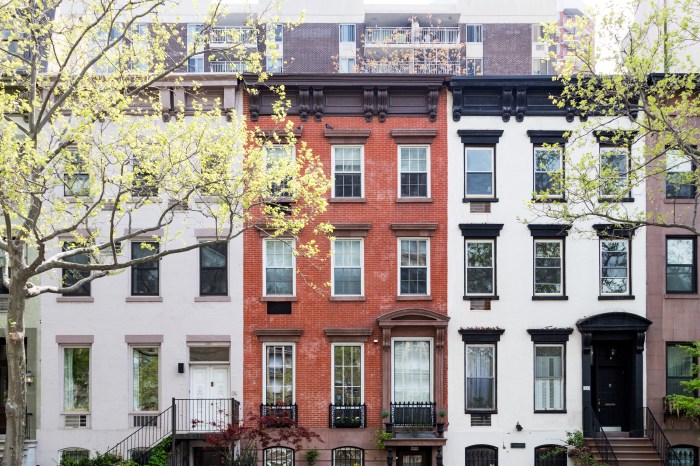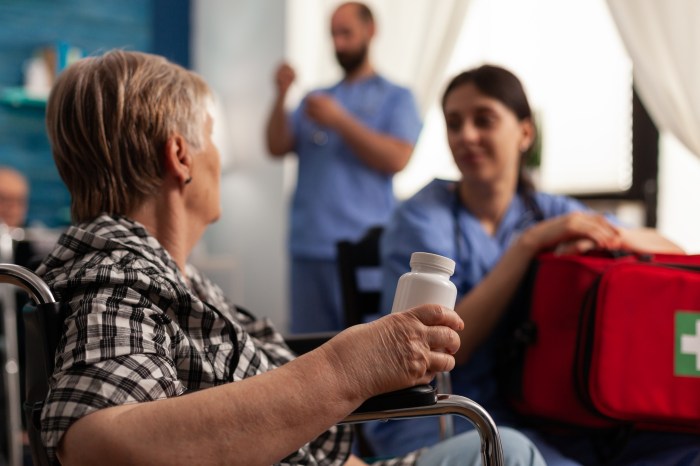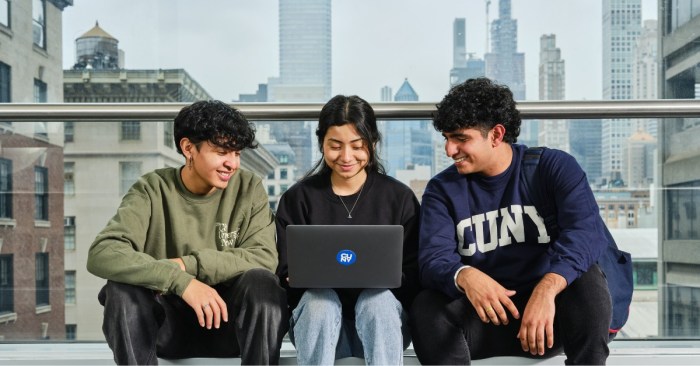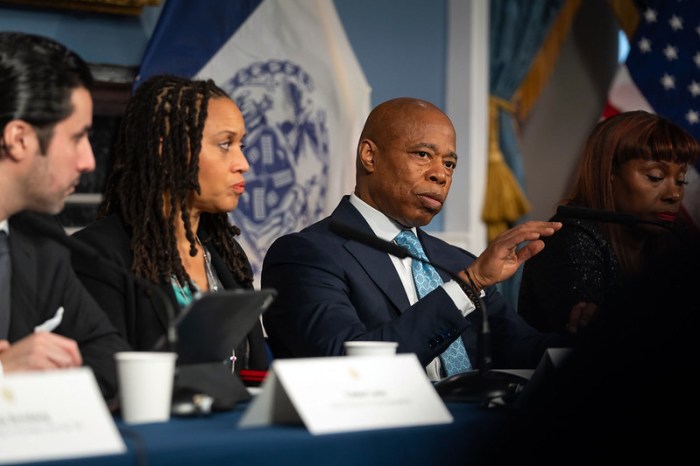I hope some of the new laws across the country banning plastic food containers will be the catalyst for New York to impose even broader restrictions.
As a West Hollywood lawyer transplanted back to Manhattan after 20 years, I am astounded that New Yorkers still use bags, water bottles and food containers made of plastic. We must get plastics out of our food and water.
This is about quality of life and health because the plastic pollution can include BPA, a toxin found in plastic linked to increased blood pressure and effects on the brain and on prostate glands of fetuses.
On my first shopping trip since moving back, I was stunned that the checkout clerk put my cloth shopping bag into the store-branded plastic bag. She double-bagged it, too! My objections were met by stares from those in line whose expressions said, “What is it with you and your cloth shopping bag?”
Yet, plastic bags are the ones fluttering in the wind on trees, lamp poles and sidewalks. New York could benefit from the type of legislation passed in California to reduce the unhealthy plastic scourge. West Coast efforts show that fees and bans on bags and other containers lead to dramatic drops in the use of plastic.
Before a statewide plastic-bag ban in California, individuals on average used about 400 plastic bags annually, forcing the state to spend an estimated $400 million a year to clean them up. Now, California, the first state to ban single-use plastic bags, sees significantly less plastic trash on beaches and waterways.
In Hastings on the Hudson, use of plastic bags fell dramatically, as in California, after Hastings litigated against the industry and got broad-based consumer support to ban plastic bags.
Lawmakers in Albany failed to deal with plastic pollution in the budget process that ended last week. But New Yorkers should pressure legislators to get back to work and adopt a ban on plastic bags and a 10-cent fee for brown paper bags. A charge to take a brown paper bag is sufficient pause for most consumers to shop with their own reusable shopping bags to reduce waste.
For now, I carry a reusable plastic-free thermos and cloth bag wherever I go, and when someone offers me plastic, I’ll just say no.
Gregory Rutchik is an attorney in Los Angeles and Manhattan.

















